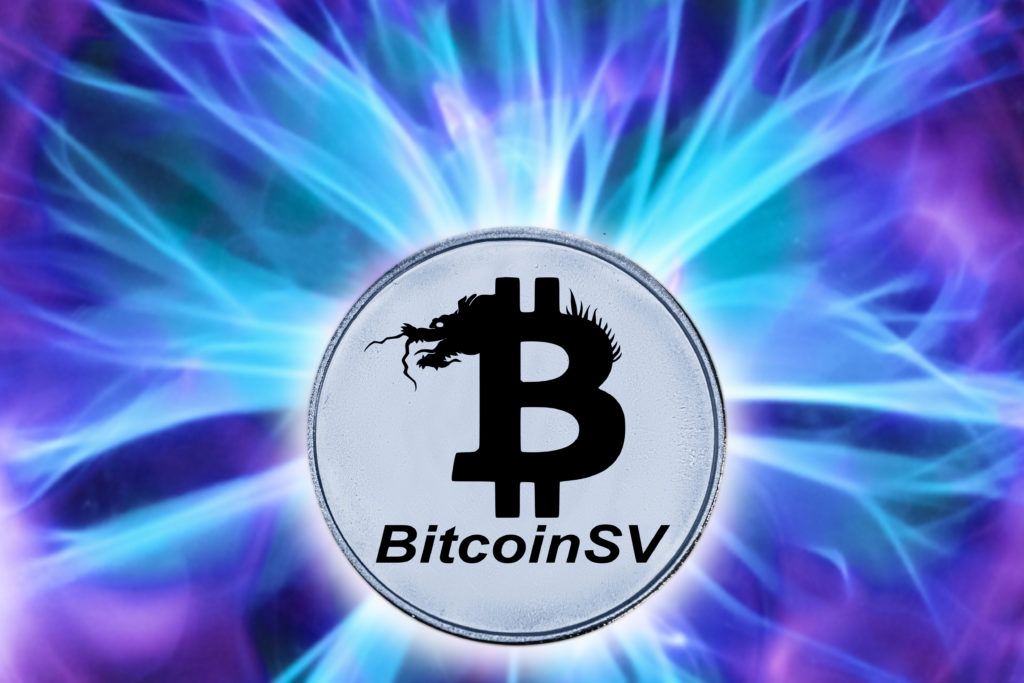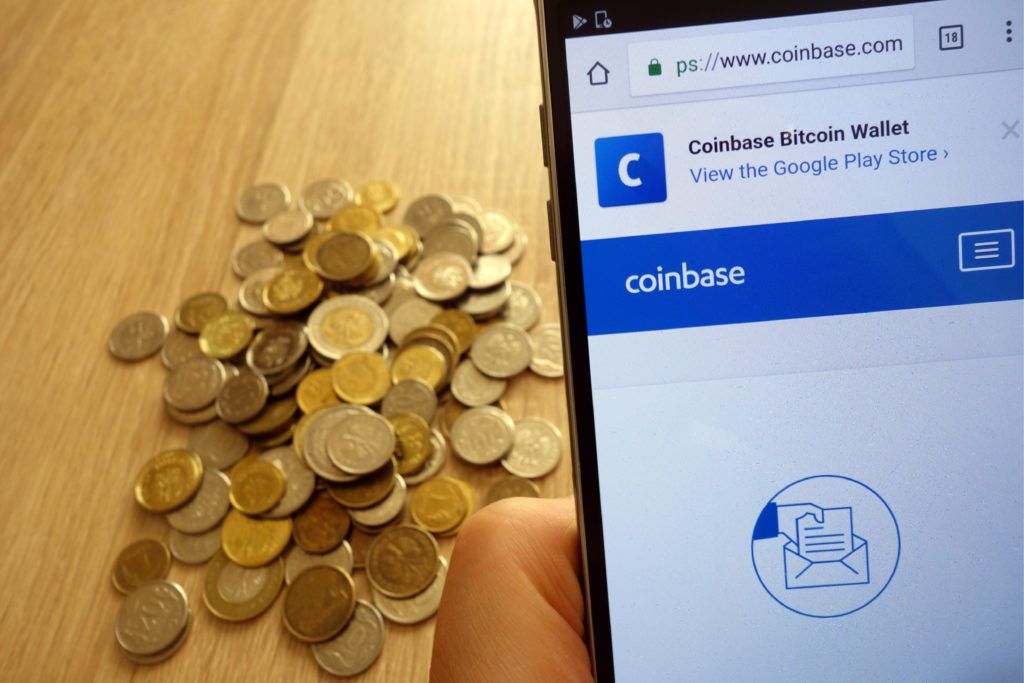Coinbase is a polarizing force in the cryptocurrency world. Some believe it represents the future of the industry, bringing digital coins to the mainstream. Others see the exchange as a centralized sellout that disregards the original vision of Satoshi Nakamoto.
Regardless of one’s opinion, however, recent news shows that the Coinbase team wants to safeguard its users. The company has been protecting accounts from replay attacks in Bitcoin Cash (BCH) after the recent Bitcoin SV (SV) hard fork.
During the recent BCH/BSV hard fork, we implemented a technique called “dust mixing” to generate isolated transactions on the BCH chain and protect our customers’ funds from replay attacks. Learn more: https://t.co/uP0Xsegrmk
— Coinbase (@coinbase) February 20, 2019
Replay Dangers
The danger of replay attacks after hard forks is very common. The possibility occurs because both new blockchains share exactly the same data set as the parent chain at the time of the fork. While the non-backward compatible protocol change has created the fork, smart hackers can create valid transactions on both chains without being noticed. This would allow them to drain a forked hot wallet into a separate address without being noticed. For this reason, most hard forks contain a methodology for replay protection. The concept is relatively simple — adding a small modification to transaction signing, or blacklisting addresses, will make double transactions impossible. However, the BSV hard fork did not contain any replay protection for users. (This may well prove that Vitalik Buterin’s assessment of the coin as a “dumpster fire” was accurate.) Exchanges were forced to find ways to protect their BCH users from the potential for this occurring.
Coinbase Dust Mixing Solution
Coinbase’s solution provides a relatively simple and helpful solution for transaction protection. The exchange obtained a BCH chain-specific ‘Coinbase reward’ from a miner at the time of the fork. The reward was divided into a huge number of ‘dust’ transactions. (Dust is a common term for very small amounts of cryptocurrency that remain in wallets after larger round-number transactions.) The exchange then uses the fractional dust amounts as markers for BCH chain transactions. By coupling each BCH transaction with a small dust transaction from its own hot wallet, the exchange essentially tags each transaction as being BCH-specific and valid. After the transaction is processed, the dust is returned to the Coinbase BCH hot wallet. The company has called the solution ‘dust mixing’ to describe the combination of two transactions — one real and the other dust — thus protecting every transaction from replay attacks. This, per the company, is in line with its mission “to create an open financial system by being the most trusted and easiest to use digital currency platform in the world.”
The Wrong Direction Altogether?
Many in the cryptocurrency community see Coinbase’s solution as something that is not so much a helpful tool but a necessary evil. These individuals would also likely point to the original addition of Bitcoin Cash (BCH) on the exchange as a sign of poor decision making and disloyalty to the original Bitcoin (BTC) vision. In fact, Coinbase has come under increasing scrutiny due to a number of coin additions that have appeared to be increasingly profit motivated. The addition of relatively unknown coins like Decentraland (MANA) and Civic (CVC), while ignoring top-ten coins like XRP and EOS, has led to a number of accusations. In fact, many would say that trust in Coinbase has been quickly eroding. [bctt tweet=”Many in the cryptocurrency community would rather see Coinbase delist BCH altogether and think that, by listing coins that are not widely approved, the company is just putting its users in harm’s way.” username=”beincrypto”] Regardless of how the cryptocurrency community responds, it is helpful to know that BCH transactions on Coinbase are protected. As contentious hard forks continue, such protections will continue to be a necessity for exchanges that are willing to list the parent coins. Think Coinbase’s solution should increase trust in the exchange or is it just trying to patch the holes it’s created? Let us know your thoughts in the comments below!Disclaimer
In adherence to the Trust Project guidelines, BeInCrypto is committed to unbiased, transparent reporting. This news article aims to provide accurate, timely information. However, readers are advised to verify facts independently and consult with a professional before making any decisions based on this content. Please note that our Terms and Conditions, Privacy Policy, and Disclaimers have been updated.

Jon Buck
With a background in science and writing, Jon's cryptophile days started in 2011 when he first heard about Bitcoin. Since then he's been learning, investing, and writing about cryptocurrencies and blockchain technology for some of the biggest publications and ICOs in the industry. After a brief stint in India, he and his family live in southern CA.
With a background in science and writing, Jon's cryptophile days started in 2011 when he first heard about Bitcoin. Since then he's been learning, investing, and writing about cryptocurrencies and blockchain technology for some of the biggest publications and ICOs in the industry. After a brief stint in India, he and his family live in southern CA.
READ FULL BIO
Sponsored
Sponsored

